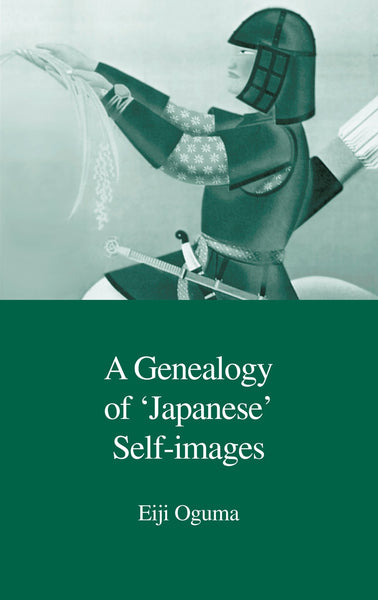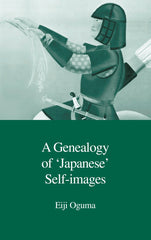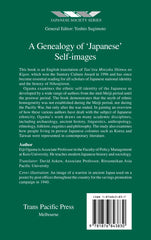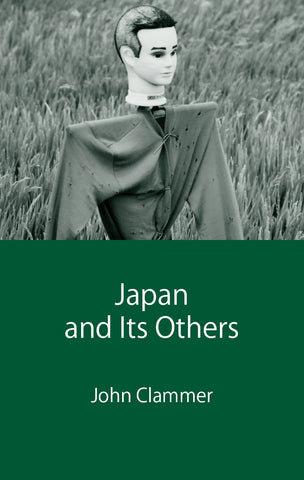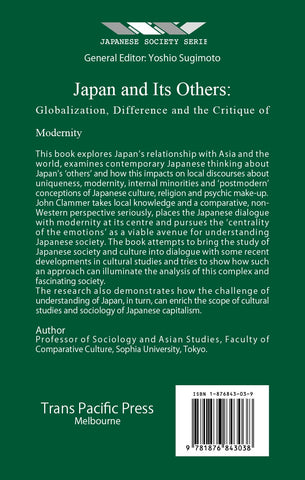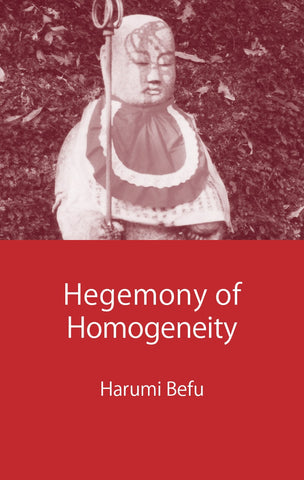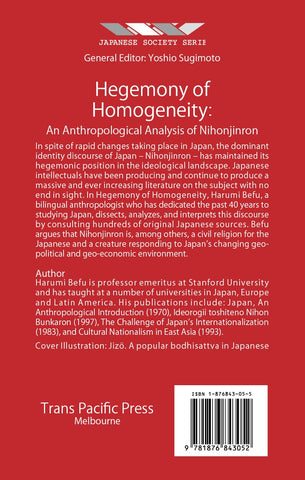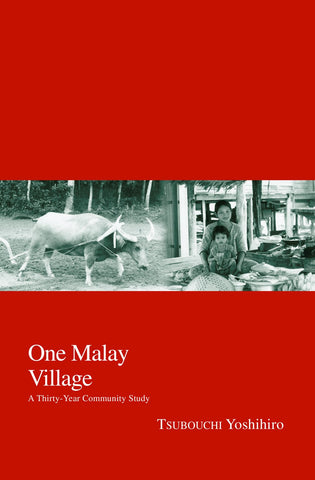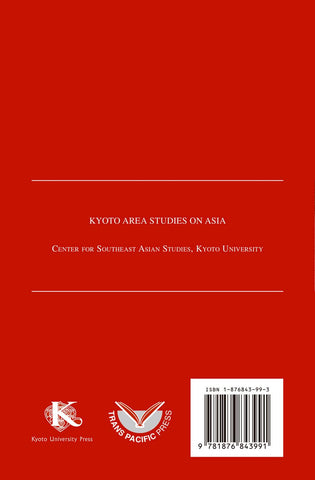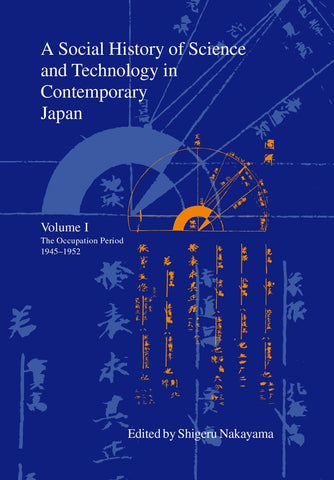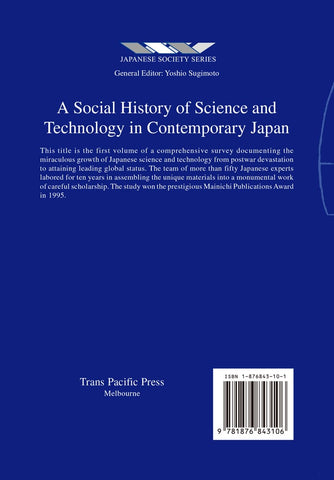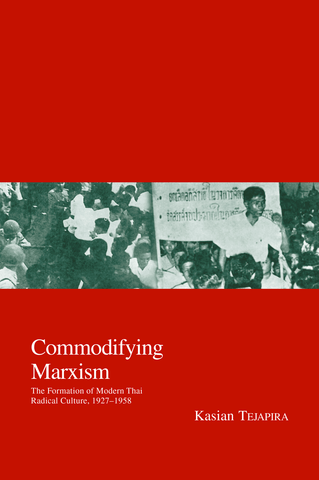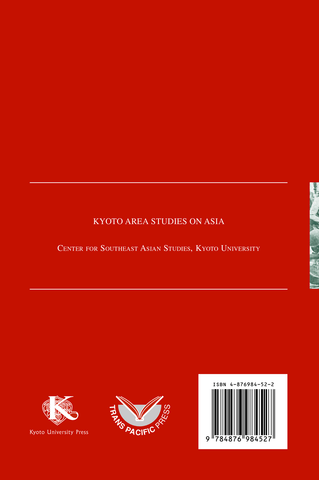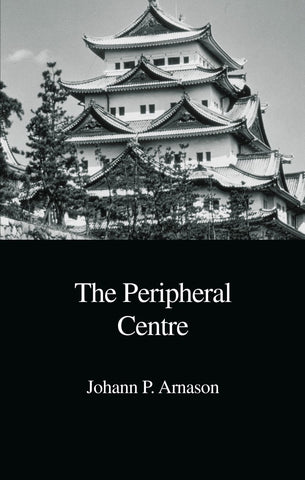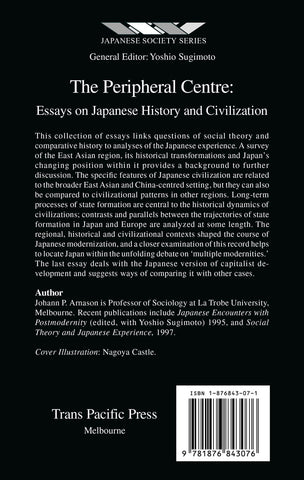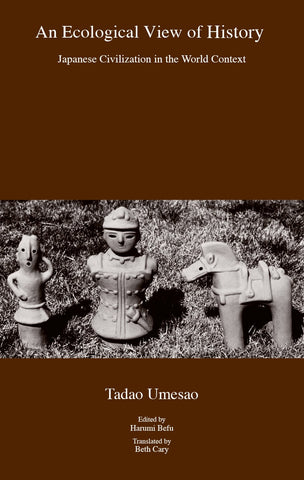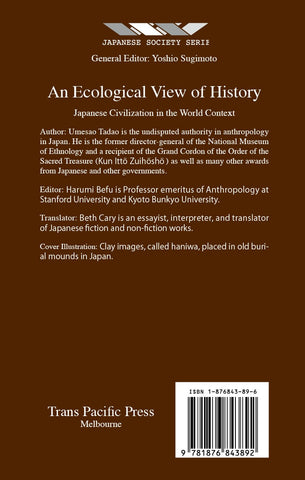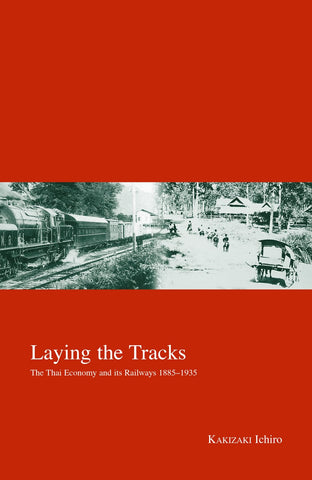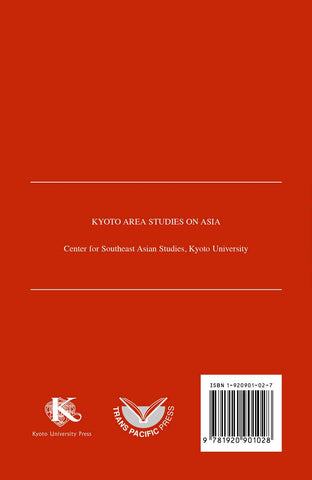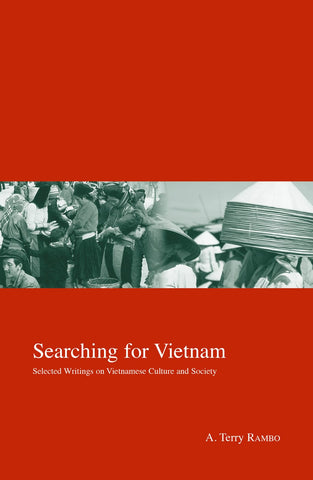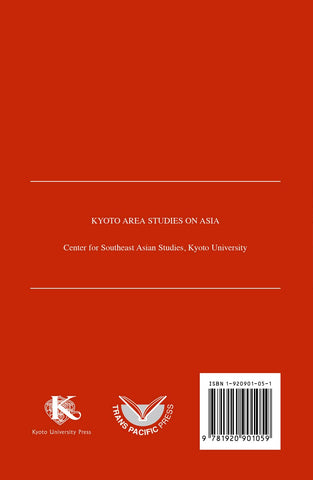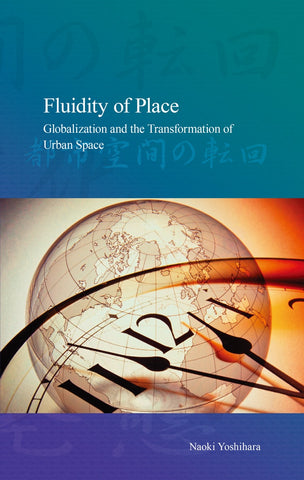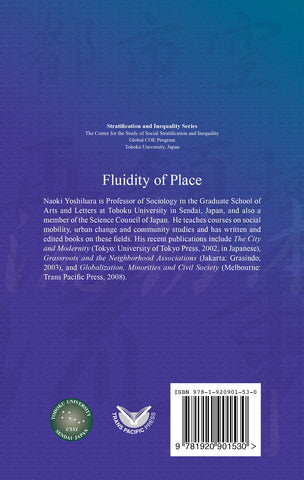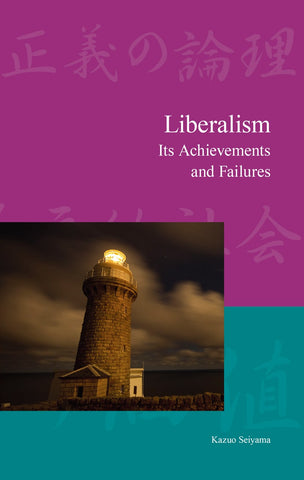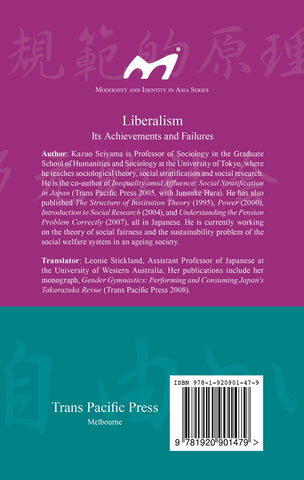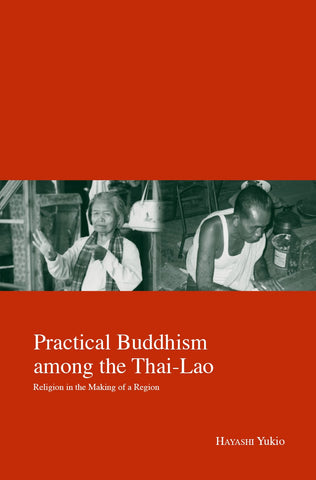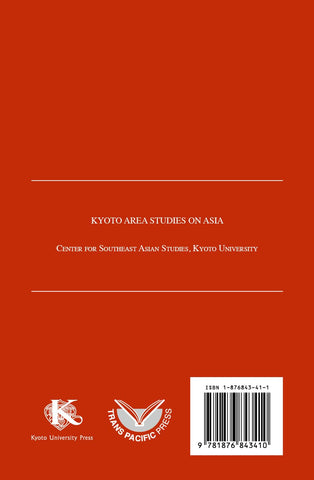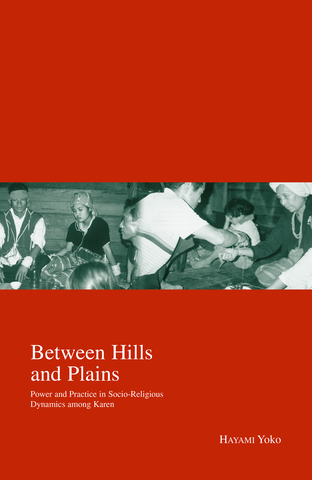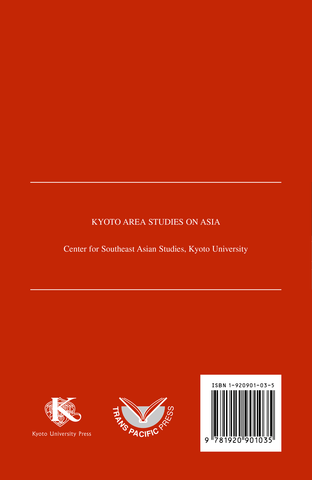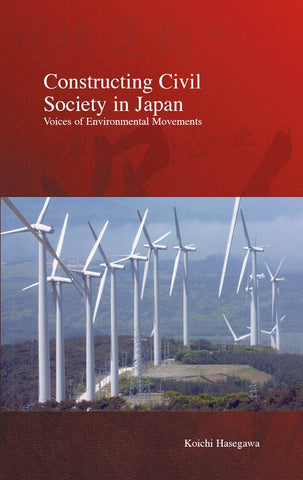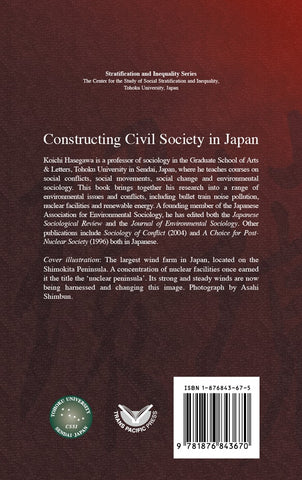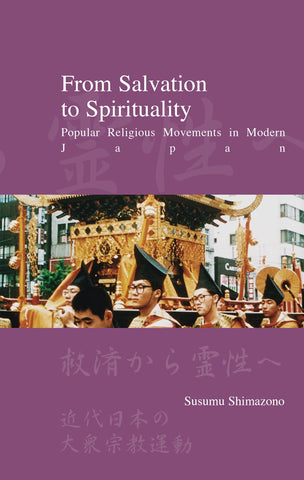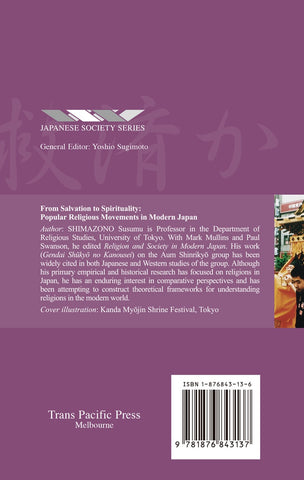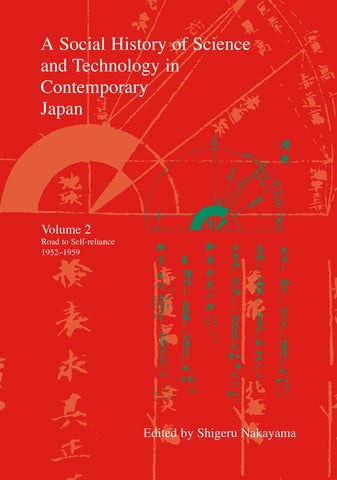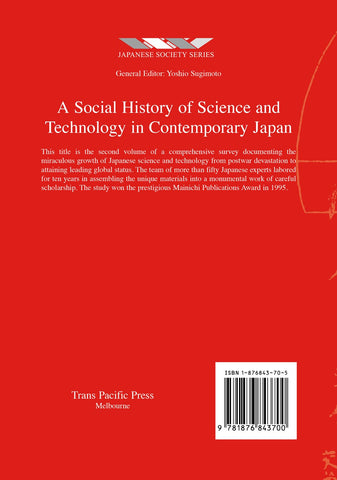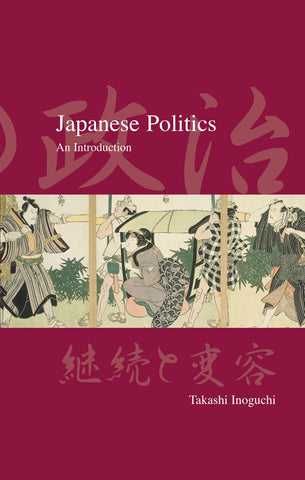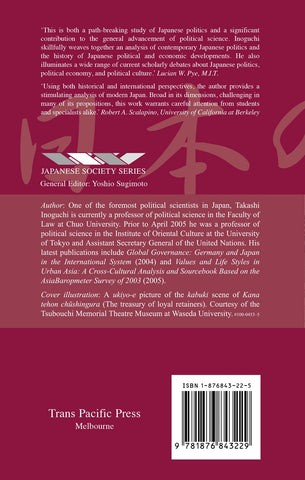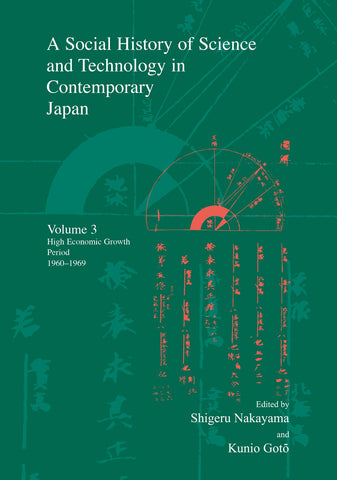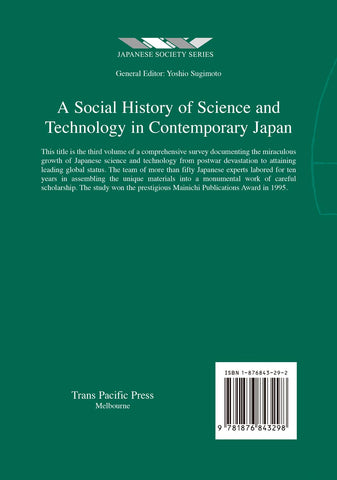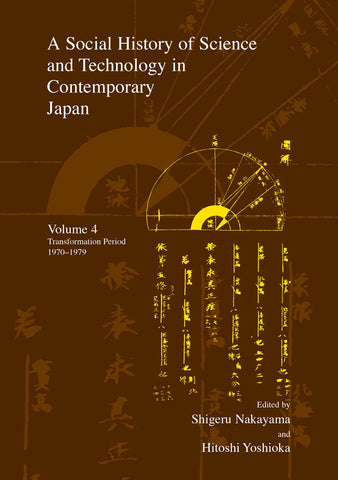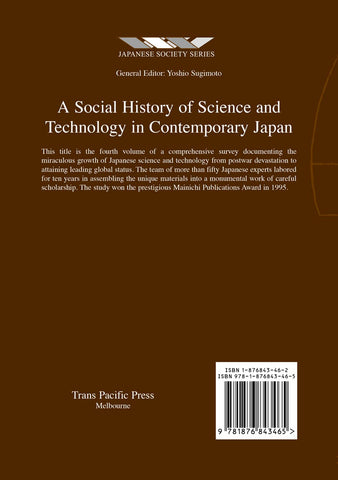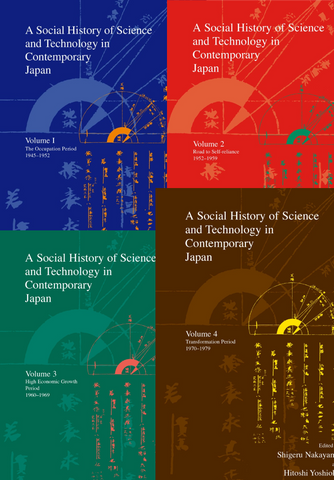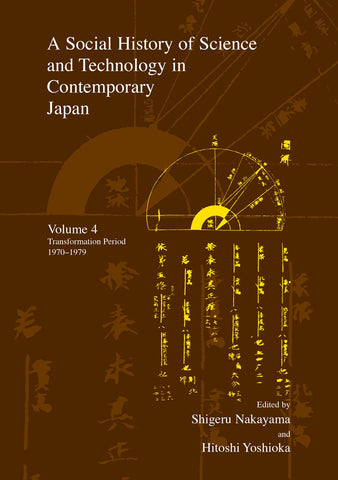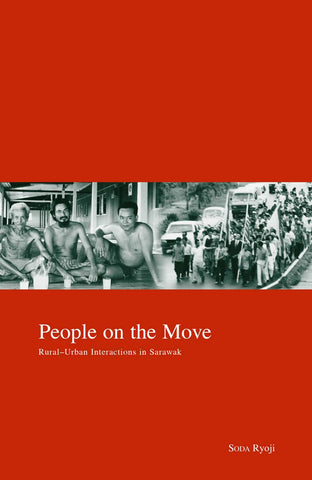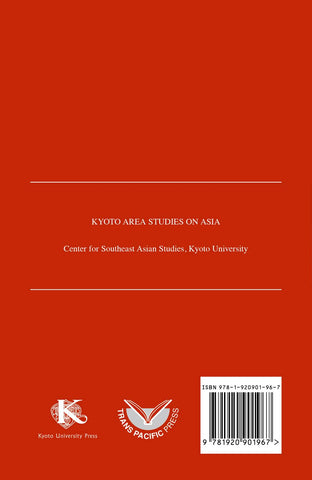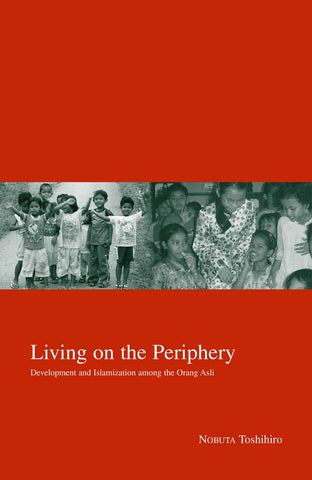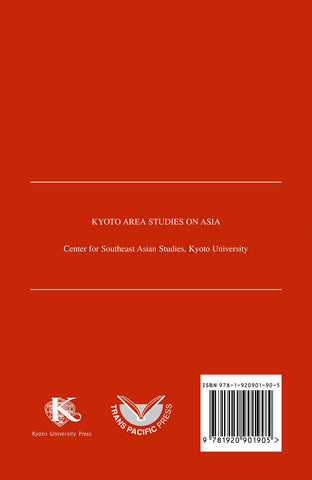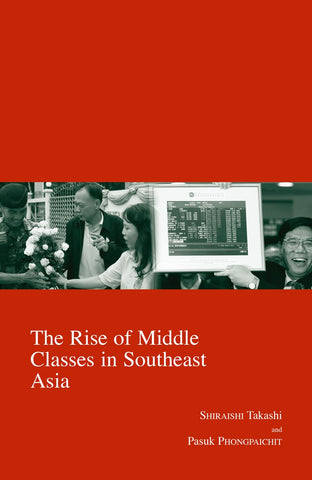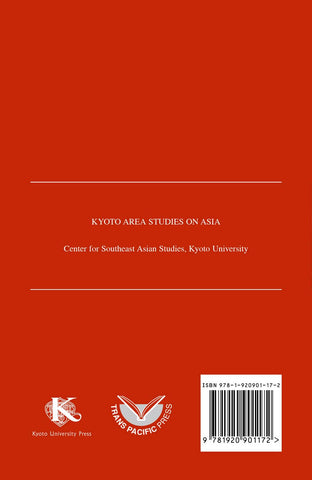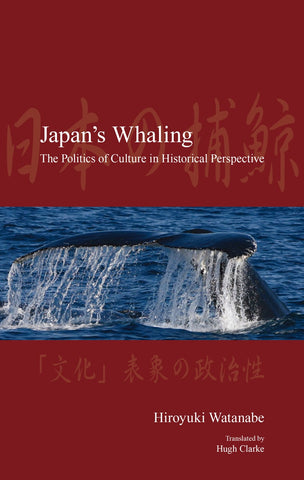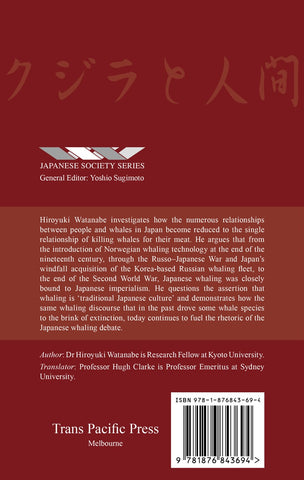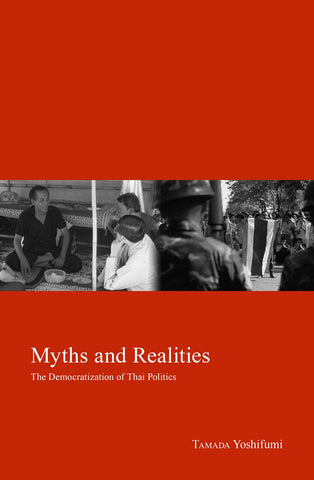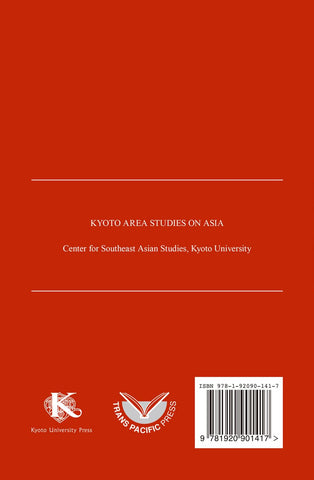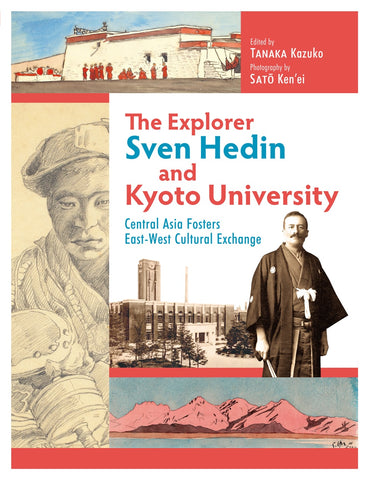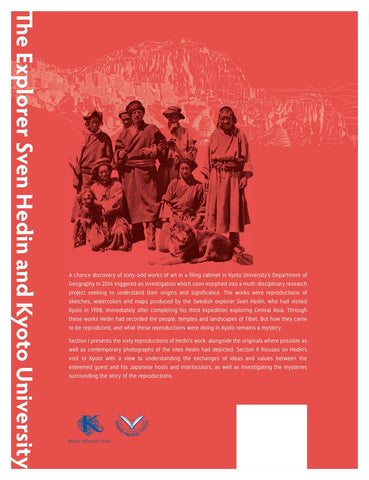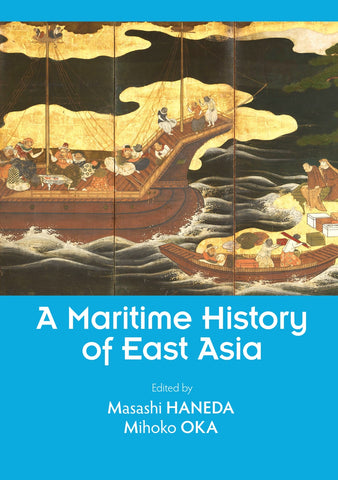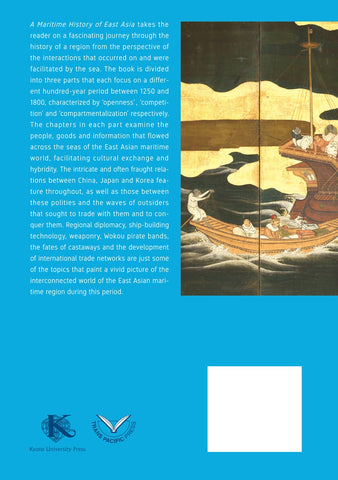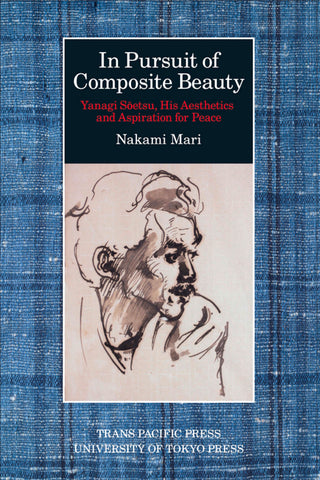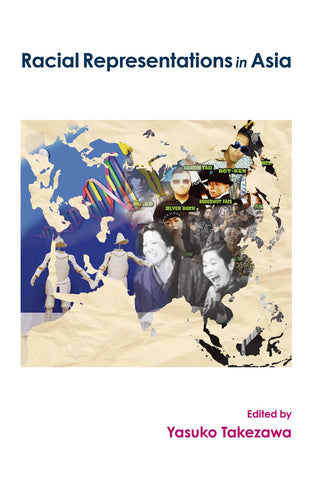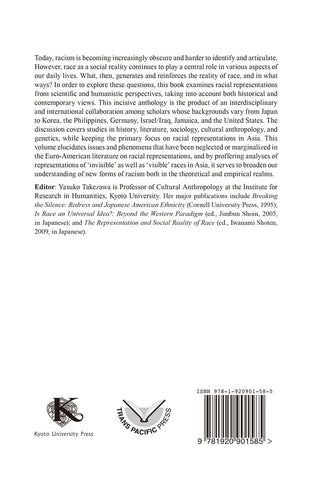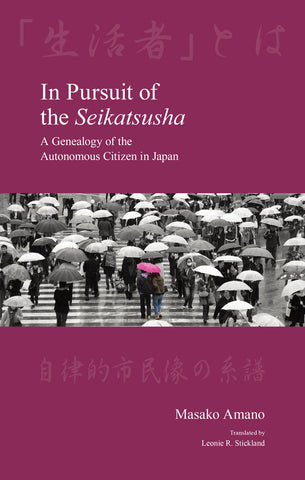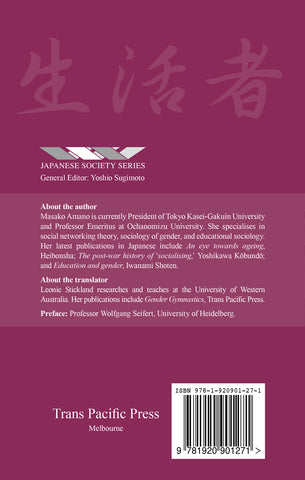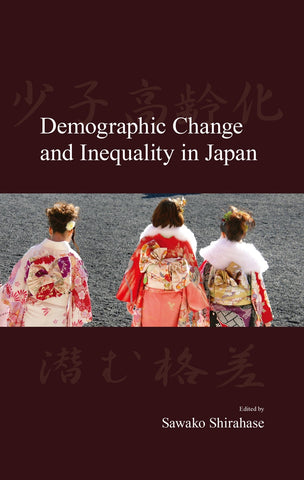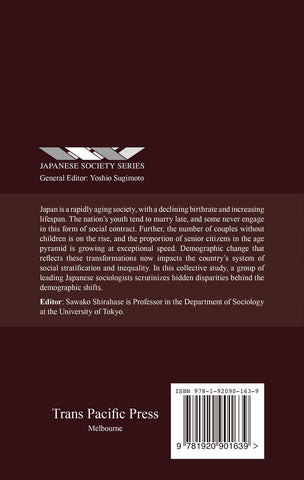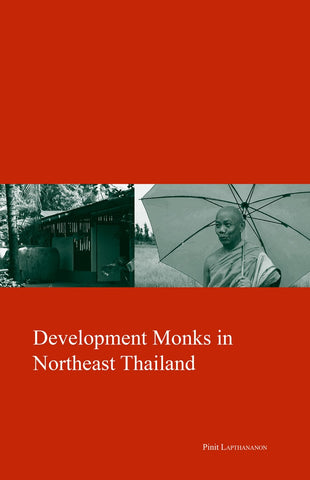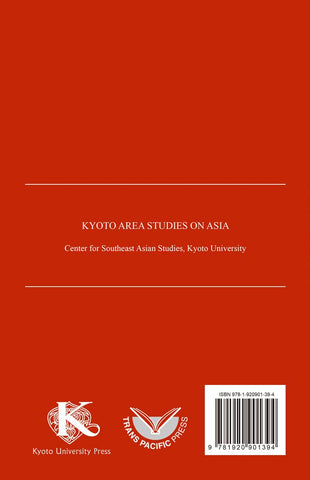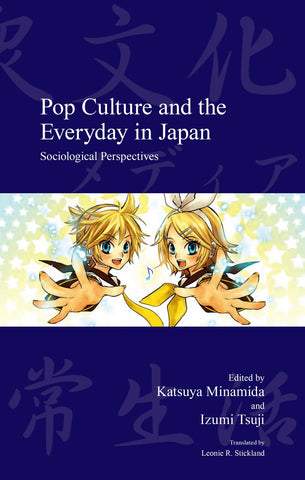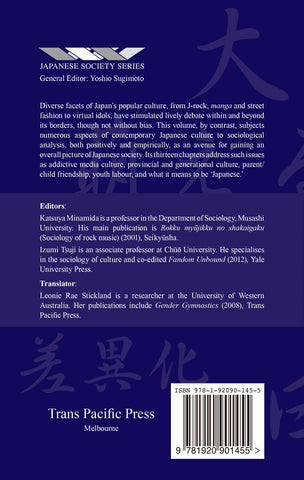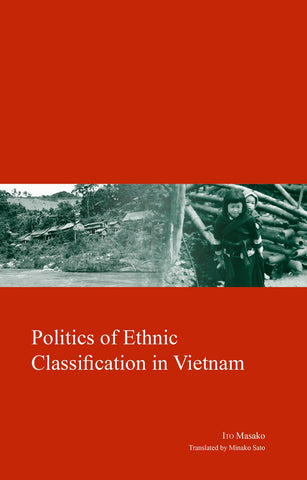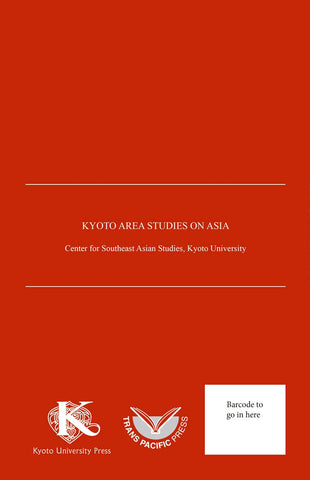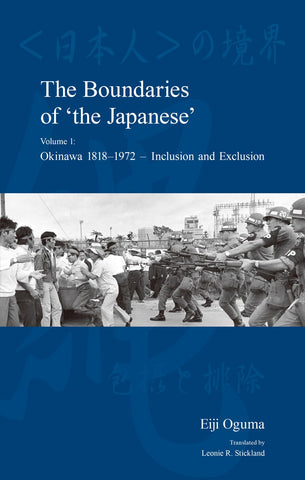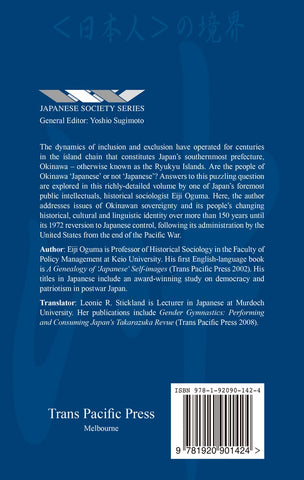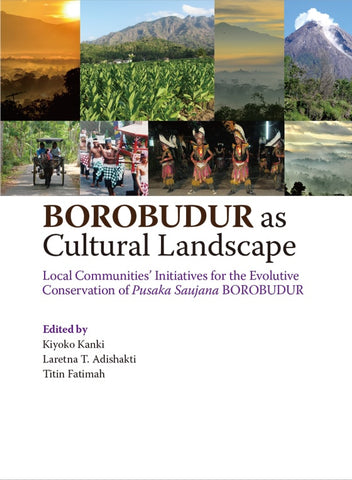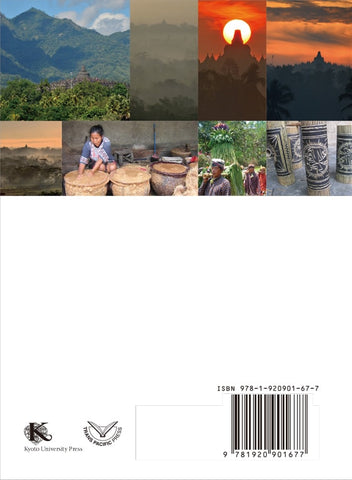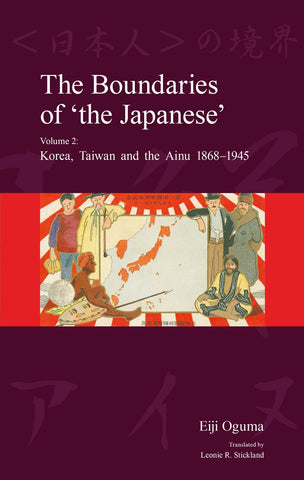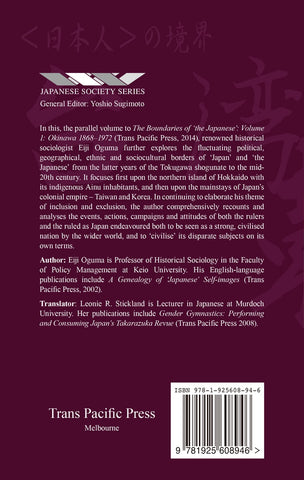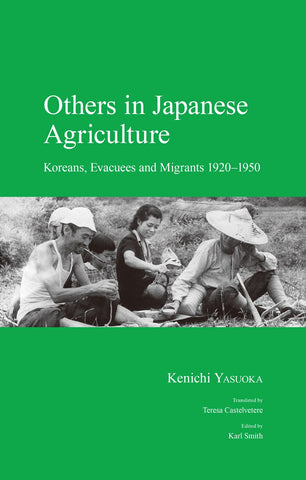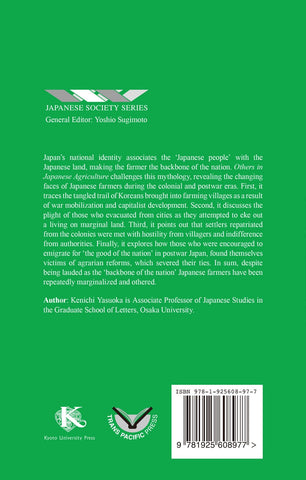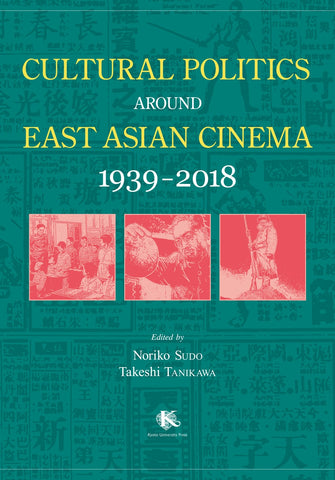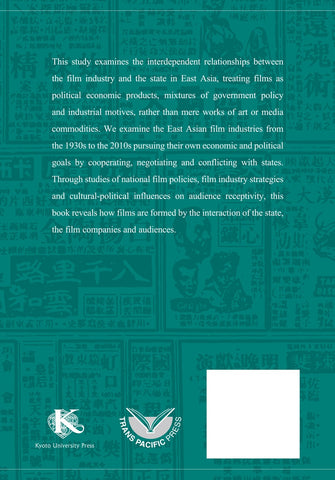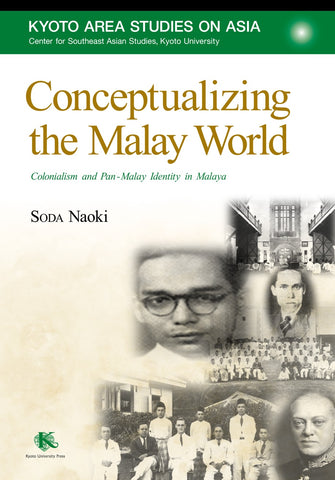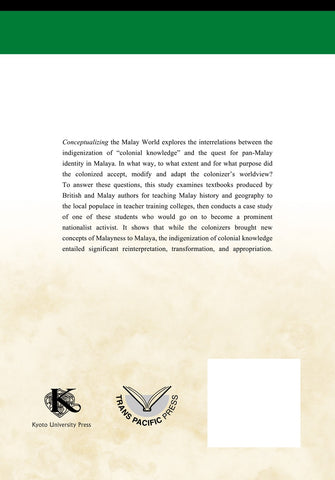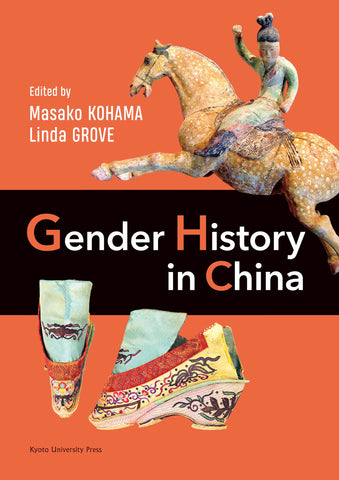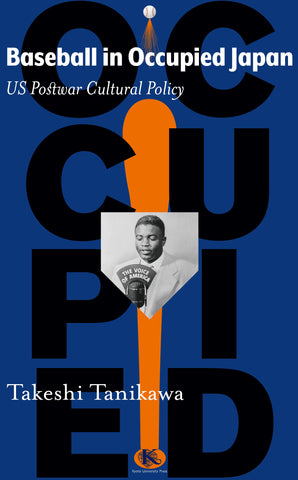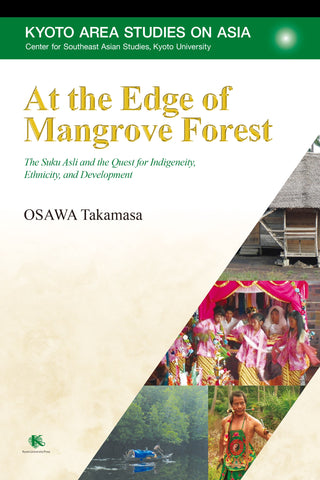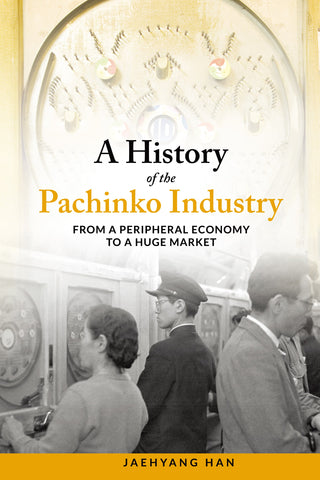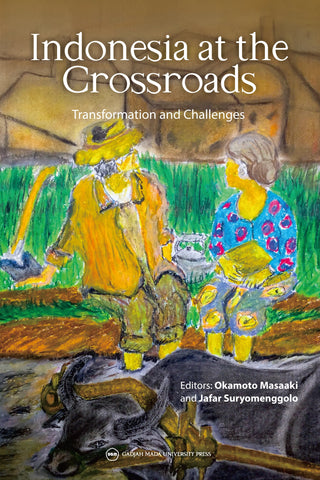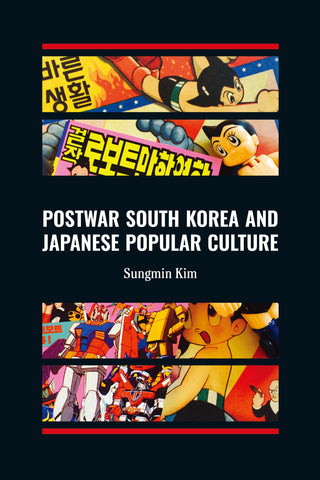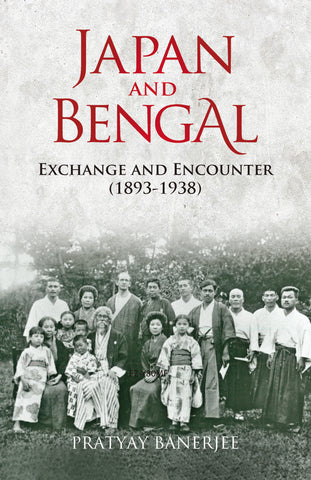Shop by Areas »
Shop by Category »
A Genealogy of 'Japanese' Self-images
Many In Stock
This book presents a counter-argument to the Japanese belief that they are a homogeneous nation since the Meiji period. Eiji Oguma demonstrates that the myth of ethnic homogeneity was not established during the Meiji period, nor during the Pacific War, but only after the end of the war. The study covers a large range of areas, including archaeology, ancient history, linguistics, anthropology, ethnology, folk law, eugenics and philosophy, to obtain an overview of how a variety of authors dealt with the theme of ethnicity. It also examines how this myth of homogeneity arose and how the peoples of such Japanese colonies as Korea and Taiwan were viewed in the pre-war literature on ethnic identity. This is the first English translation of A Genealogy of "Japanese" Self-Images, which won the Suntory Culture Award in 1996.
Awards
Suntory Culture Award for Social Sciences and Humanities, 1996
About Editors and Authors
OGUMA Eiji is a Japanese sociologist and Professor in the Faculty of Policy Management at Keio University specializing in historical sociology and correlated social sciences. Although aspiring to study physics at the Department of Physics, Faculty of Science, Nagoya University, he dropped out and instead went on to graduate from the Department of Agriculture, University of Tokyo, in 1987. He joined Iwanami Shoten, a major academic publisher in Japan, and worked as book editor until 1996. He then joined the Department of International Social Sciences, Graduate School of Arts and Sciences, University of Tokyo, where he completed his PhD. He served as Lecturer at Keio University, and later as Associate Professor, before assuming his current position. He is actively involved in research and discussions on political thought largely focused on nationalism and democracy and based on history. His books have won prestigious academic awards such as the Suntory Prize for Social Sciences and Humanities and the Mainichi Publishing Culture Award. He is also known as a guitarist.
Table of contents
Table of Contents
Translator's Commentary
Chronology
Central Terms in the Kiki Myths
An Introduction to the English-Language Edition
Introduction
Part One: The Thought of an `Open Country'
The Birth of Theories of the Japanese Nation
The Debate on Mixed Residence in the Interior
The Theory of the National Polity and Japanese Christianity
Show More >
Table of Contents
Translator's Commentary
Chronology
Central Terms in the Kiki Myths
An Introduction to the English-Language Edition
Introduction
Part One: The Thought of an `Open Country'
The Birth of Theories of the Japanese Nation
The Debate on Mixed Residence in the Interior
The Theory of the National Polity and Japanese Christianity
The Anthropologists
The Theory that the `Japanese' and Koreans share a Common Ancestor
The Japanese Annexation of Korea
Part Two: The Thought of `Empire'
History and the `Abolition of Discrimination'
The Reformation of the National Polity Theory
National Self-Determination and National Borders
The Japanese as Caucasians
`The Return to Blood'
Part Three: The Thought of an `Island Nation'
The Birth of an Island Nation's Folklore
Japanisation versus Eugenics
The Revival of the Kiki Myths
From `Blood' to `Climate'
The Collapse of Empire
The Myth Takes Root
Conclusion
Notes
References
Index
< Show Less
Related Books
-
Japan and Its Others$29.95This book explores Japan's relationship with As...This book explores Japan's relationship with Asia and the world, examines contemporary Japanese thinking about Japan's "others" and how this impacts on local discourses about uniqueness, modernity,...
-
Hegemony of Homogeneity$29.95Much of the misunderstanding by foreigners abou...Much of the misunderstanding by foreigners about Japan arises out of their acceptance of certain stereotypes about the Japanese. Harumi Befu spearheaded the critique of the stereotypical and the es...
-
One Malay Village$29.95In a society recognized for its multi-racial co...In a society recognized for its multi-racial constitution, the relative homogeneity of Kelantan has inspired numerous researchers to seek the "essence" of "Malay-ness" in the traditional ethnic eve...
-
Social History of Science and Technology Vol.1$99.95This title is the first volume of a comprehensi...This title is the first volume of a comprehensive, four-volume survey which documents the miraculous growth of Japanese science and technology from post-war devastation to its attaining a leading g...
-
Commodifying Marxism$29.95In this study of the formation of modern Thai r...In this study of the formation of modern Thai radical culture, Tejapira reveals a process of cultural and political interaction which results in a mutual transformation of exogenous Marxism/communi...
-
The Peripheral Centre$29.95The main theme of the book is the complex relat...The main theme of the book is the complex relationship between the patterns of Japanese modernity and the civilizational legacy on which they continue to grow. The author discusses the East Asian r...
-
An Ecological View of History$29.95This is the first English version of Tadao Umes...This is the first English version of Tadao Umesao's classic, published first in Japanese in 1957, with a full description of his ecological theory of civilizations of Eurasia. Dividing the Eurasian...
-
Laying the Tracks$69.95A joint publication of Trans Pacific Press and ...A joint publication of Trans Pacific Press and Kyoto University Press, this economic history of the early development of Thailand's railways details the rail policies of the royal government, from ...
-
Searching for Vietnam$79.95Volume 9 of the Kyoto Area Studies on Asia brin...Volume 9 of the Kyoto Area Studies on Asia brings together the author's selected writings about Vietnam from the past forty years. The book opens with an autobiographical account of his history as ...
-
Fluidity of Place$34.95Fluidity of Place presents an interdisciplinary...Fluidity of Place presents an interdisciplinary conversation with theories of space-time, place, and globalization at the cutting edge of social theory. Focusing on the construction of urban space ...
-
Liberalism$34.95In the past two decades, as the tsunami of glob...In the past two decades, as the tsunami of globalism followed Marxism's collapse, and the seemingly ubiquitous and transparent principle of 'the market' came to forge a direct link between worldwid...
-
Practical Buddhism Among the Thai-Lao$34.95Based on long-term fieldwork, Hayashi presents ...Based on long-term fieldwork, Hayashi presents the local history of Thai-Lao religion and society, up to and including its present-day dynamics. Working from the analytical premise that concepts su...
-
Between Hills and Plains$69.95In this study, Hayami suggests that the Karen i...In this study, Hayami suggests that the Karen in northwestern Thailand are located "betwixt and between" the peripheries and the mainstream of the modern nation-state. It demonstrates how the Karen...
-
Constructing Civil Society in Japan$49.95Japan's post-World War II "economic miracle" is...Japan's post-World War II "economic miracle" is well-known and much discussed, as is the collapse of the "bubble economy" and the almost decade long economic stagnation of the 1990s. In this collec...
-
From Salvation to Spirituality$34.95Susumu Shimazono, one of Japan's foremost socio...Susumu Shimazono, one of Japan's foremost sociologists of religion, deals with the development of popular religious and spiritual movements in Japan in the nineteenth and the twentieth centuries. A...
-
Social History of Science and Technology Vol.2$99.95This title is the second volume of a comprehens...This title is the second volume of a comprehensive, four-volume survey which documents the miraculous growth of Japanese science and technology from postwar devastation to its attaining a leading g...
-
Japanese Politics$34.95When the Japanese economy was on the rise, as i...When the Japanese economy was on the rise, as it was in the 1980s, it was often suggested that the Japanese way of doing things was culturally unique and inherently superior. The apparent success o...
-
Social History of Science and Technology Vol.3$99.95This is the third volume of a comprehensive, fo...This is the third volume of a comprehensive, four-volume survey that documents the miraculous growth of Japanese science and technology from post-war devastation to its rise as a global leader. A t...
-
Social History of Science and Technology Vol.4$109.95This study is the fourth and final volume of a ...This study is the fourth and final volume of a comprehensive survey that documents the miraculous growth of Japanese science and technology from post-war devastation to its rise as a global leader....
-
A Social History of Science and Technology in Contemporary Japan (Complete Set)$300.00
$398.00Order all four-books together for "A Social His...Order all four-books together for "A Social History of Science and Technology in Contemporary Japan" which documents the miraculous growth of Japanese science and technology from post-war devastati... -
People on the Move$79.95Based on participant observation and interviews...Based on participant observation and interviews in a village in Sarawak, Ryoji Soda examines outward migration from the village, the migrants' living strategies in urban areas, their frequent moves...
-
Living on the Periphery$59.95Orang Asli is a generic name given to the indig...Orang Asli is a generic name given to the indigenous people living on the Malay Peninsula. Using extensive ethnographic data, Living on the Periphery reveals the way in which state-initiated develo...
-
The Rise of Middle Classes in Southeast Asia$89.95The rise of the new middle classes in Southeast...The rise of the new middle classes in Southeast Asia has brought about important transformations in various countries - politically, socially, economically, and culturally - while producing new 'Ea...
-
Japan's Whaling$34.95Hiroyuki Watanabe investigates how the numerous...Hiroyuki Watanabe investigates how the numerous relationships between people and whales in Japan become reduced to the single relationship of killing whales for their meat. He argues that from the ...
-
Myths and Realities$34.95This study challenges the prevailing view that ...This study challenges the prevailing view that Thailand's democratization process in the 1990s was led by the active middle class. It presents an alternative explanation, examining certain 'passive...
-
The Explorer Sven Hedin and Kyoto University$89.95A chance discovery of sixty-odd works of art in...A chance discovery of sixty-odd works of art in a filing cabinet in Kyoto University's Department of Geography in 2014 triggered an investigation which soon morphed into a multi-disciplinary resear...
-
A Maritime History of East Asia$42.95This book takes the reader on a fascinating jou...This book takes the reader on a fascinating journey through the history of a region from the perspective of the interactions that occurred on and were facilitated by the sea. The book is divided in...
-
In Pursuit of Composite Beauty$84.95In Pursuit of Composite Beauty is a study of th...In Pursuit of Composite Beauty is a study of the life and thought of Yanagi Soetsu (1889-1961), known primarily as the founder of Japan's mingei (folk crafts) movement. Mr. Yanagi was a thinker who...
-
Racial Representations in Asia$89.95Though there is no biological validity to race,...Though there is no biological validity to race, it continues to play a central role in various aspects of our daily lives. What, then, generates and reinforces the reality of race, and in what ways...
-
In Pursuit of the Seikatsusha$34.95This is a study of Japan's home-grown concept o...This is a study of Japan's home-grown concept of seikatsusha that resembles 'citizen,' 'people,' 'consumer,' 'common man,' and 'the public,' though not exactly identical with any of them. The idea ...
-
Demographic Change and Inequality in Japan$34.95Japan is a rapidly aging society with a declini...Japan is a rapidly aging society with a declining birthrate and increasing lifespan. The nation's youth tend to marry late, and some never engage in this form of social contract. Further, the numbe...
-
Development Monks in Northeast Thailand$99.95This study examines the role of Buddhist monks ...This study examines the role of Buddhist monks as development agents in rural Thailand. Through 20 years of field studies, and with a focus on Northeast Thailand (which is known as Isan and long cl...
-
Pop Culture and the Everyday in Japan$34.95Manga, anime, J-pop, and other forms of Japan's...Manga, anime, J-pop, and other forms of Japan's mass culture are increasingly popular around the world, a situation which requires structural, demographic, and communicative research from sociologi...
-
Politics of Ethnic Classification in Vietnam$94.95Officially, the Socialist Republic of Vietnam h...Officially, the Socialist Republic of Vietnam has a total of 54 ethnic groups, including the majority Kinh and 53 ethnic minority groups. This book examines the history of the ethnic group determin...
-
Boundaries of 'the Japanese' Vol.1$54.95The dynamics of inclusion and exclusion have op...The dynamics of inclusion and exclusion have operated for centuries in the island chain that constitutes Japan's southernmost prefecture, Okinawa - otherwise known as the Ryukyu Islands. Are the pe...
-
Borobudur as Cultural Landscape$84.95Borobudur is a 9th-century Buddhist temple site...Borobudur is a 9th-century Buddhist temple site in Central Java, Indonesia. As a cultural landscape, Borobudur is a site of active discussion. Since the start of the International Field School on B...
-
Boundaries of 'the Japanese' Vol.2$54.95In this the parallel volume to The Boundaries o...In this the parallel volume to The Boundaries of 'the Japanese': Volume 1: Okinawa 1818-1972 (2014), renowned historical sociologist Eiji Oguma further explores the fluctuating political, geographi...
-
Others in Japanese Agriculture$84.85Japan's national identity associates the 'Japan...Japan's national identity associates the 'Japanese people' with the Japanese land, making the farmer the backbone of the nation. Others in Japanese Agriculture challenges this mythology, revealing ...
-
Cultural Politics around East Asian Cinema 1939-2018$39.95This book examines the interdependent relations...This book examines the interdependent relationships between the film industry and the state in East Asia, treating films as political economic products, mixtures of government policy and industrial...
-
Conceptualizing the Malay World$59.95Conceptualizing the Malay World explores the in...Conceptualizing the Malay World explores the interrelations between the indigenization of "colonial knowledge" and the quest for pan-Malay identity in Malaya. In what way, to what extent and for wh...
-
Gender History in China$69.95How have femininity and masculinity been define...How have femininity and masculinity been defined and understood in China from prehistoric times to the present day? Gender History in China presents for the first time in English the work of leadi...
-
Baseball in Occupied Japan$59.95How was baseball used to promote U.S. values in...How was baseball used to promote U.S. values in occupied Japan? The first post-war Japanese professional baseball game was held on November 23, 1945, just 100 days after the end of World War II. D...
-
At the Edge of Mangrove Forest$37.95This book explores the emergence of indigeneity...This book explores the emergence of indigeneity among the Suku Asli, a group of post-foragers living on the eastern coast of Sumatra, Indonesia. In the past, despite indefinite ethnic boundaries an...
-
A History of the Pachinko Industry$49.95Pachinko parlors offer a form of gambling uniqu...Pachinko parlors offer a form of gambling unique to Japan located near train stations, in the suburbs and in other everyday living spaces. Before World War II, pachinko was born as a game for both ...
-
Indonesia at the Crossroads$49.95After a swift and bloody regime change in 1998,...After a swift and bloody regime change in 1998, Indonesia established democratic institutions. Democratization over the first two decades of the 21st century fundamentally transformed Indonesia as ...
-
Utagawa Hiroshige$79.95In the late Edo period, when society was maturi...In the late Edo period, when society was maturing and Japan was moving to open its doors to the outside world, landscapes were undergoing major changes. Many world-famous ukiyo-e painters were acti...
-
Postwar South Korea and Japanese Popular Culture$35.95After World War II, Japanese popular culture wa...After World War II, Japanese popular culture was "banned" in Korea. However, despite the official ban, Japanese popular culture was introduced and circulated through hidden or unofficial channels. ...
-
Japan and Bengal$35.95Japan's radical development following the Meiji...Japan's radical development following the Meiji Restoration in 1868, drew the attention of the world. Among other provinces in British India, it was in Bengal chiefly, that one witnessed a sustaine...
